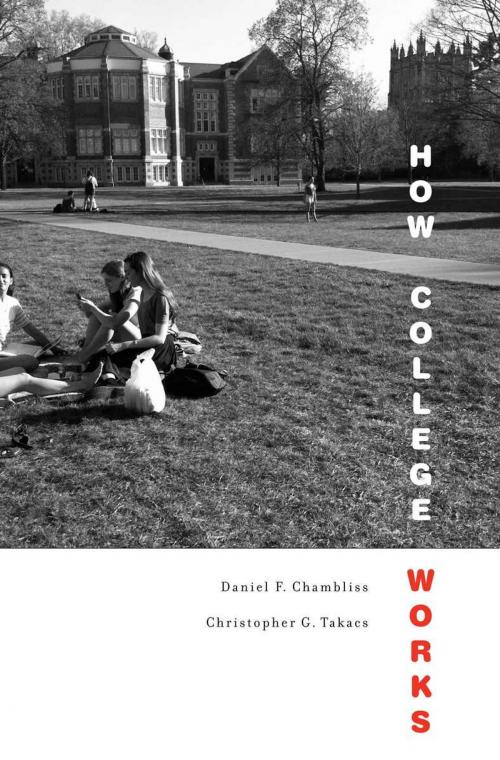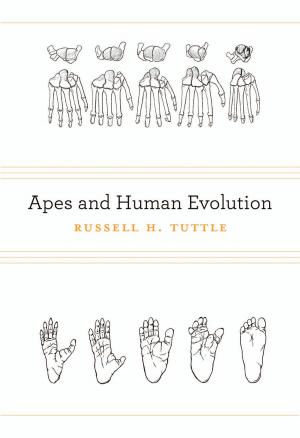How College Works
Nonfiction, Reference & Language, Education & Teaching, Educational Theory, Aims & Objectives, Student & Student Life, Higher Education| Author: | Daniel F. Chambliss | ISBN: | 9780674727038 |
| Publisher: | Harvard University Press | Publication: | February 17, 2014 |
| Imprint: | Harvard University Press | Language: | English |
| Author: | Daniel F. Chambliss |
| ISBN: | 9780674727038 |
| Publisher: | Harvard University Press |
| Publication: | February 17, 2014 |
| Imprint: | Harvard University Press |
| Language: | English |
Constrained by shrinking budgets, can colleges do more to improve the quality of education? And can students get more out of college without paying higher tuition? Daniel Chambliss and Christopher Takacs conclude that limited resources need not diminish the undergraduate experience. How College Works reveals the decisive role that personal relationships play in determining a student's success, and puts forward a set of small, inexpensive interventions that yield substantial improvements in educational outcomes. At a liberal arts college in New York, the authors followed nearly one hundred students over eight years. The curricular and technological innovations beloved by administrators mattered much less than did professors and peers, especially early on. At every turning point in undergraduate lives, it was the people, not the programs, that proved critical. Great teachers were more important than the topics studied, and just two or three good friendships made a significant difference academically as well as socially. For most students, college works best when it provides the daily motivation to learn, not just access to information. Improving higher education means focusing on the quality of relationships with mentors and classmates, for when students form the right bonds, they make the most of their education.
Constrained by shrinking budgets, can colleges do more to improve the quality of education? And can students get more out of college without paying higher tuition? Daniel Chambliss and Christopher Takacs conclude that limited resources need not diminish the undergraduate experience. How College Works reveals the decisive role that personal relationships play in determining a student's success, and puts forward a set of small, inexpensive interventions that yield substantial improvements in educational outcomes. At a liberal arts college in New York, the authors followed nearly one hundred students over eight years. The curricular and technological innovations beloved by administrators mattered much less than did professors and peers, especially early on. At every turning point in undergraduate lives, it was the people, not the programs, that proved critical. Great teachers were more important than the topics studied, and just two or three good friendships made a significant difference academically as well as socially. For most students, college works best when it provides the daily motivation to learn, not just access to information. Improving higher education means focusing on the quality of relationships with mentors and classmates, for when students form the right bonds, they make the most of their education.















